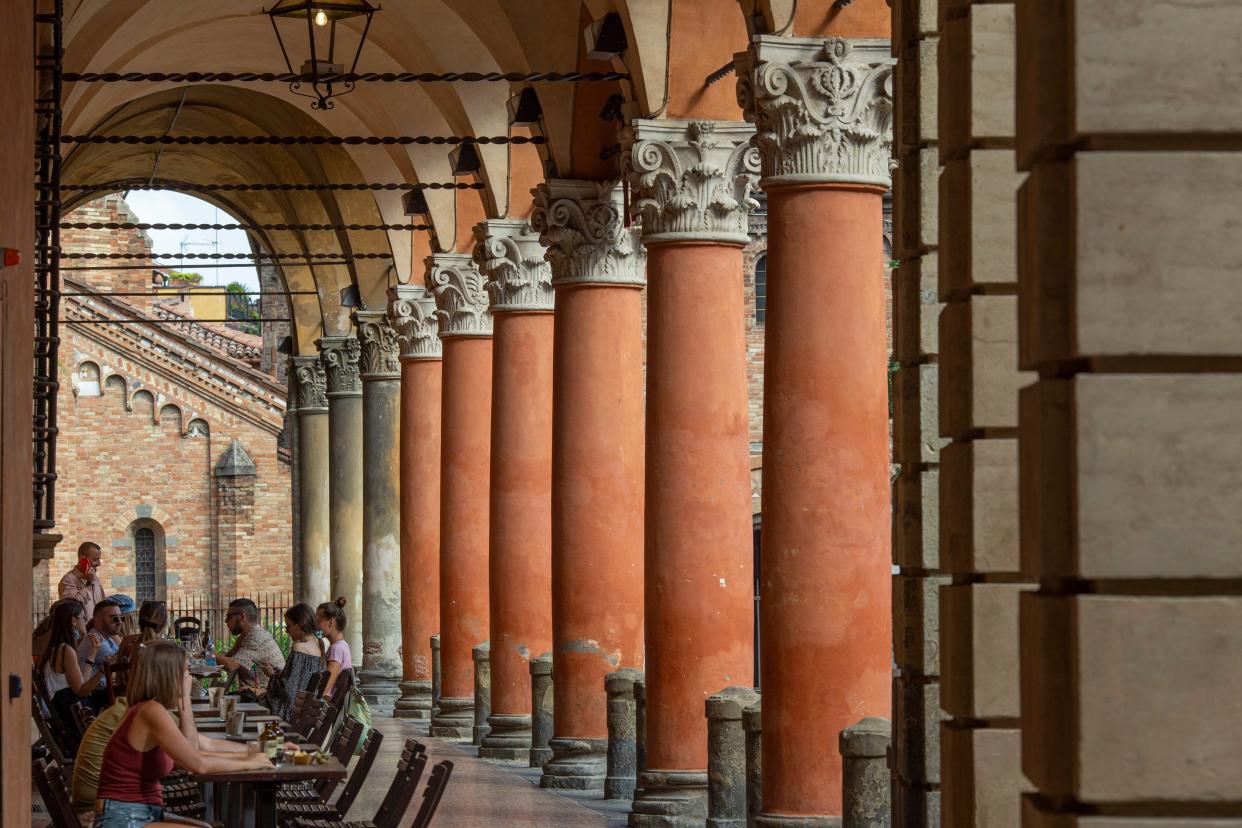Unesco adds 33 new sites to World Heritage list

Thirty-three new sites have been added to Unesco’s World Heritage List, including a forest in Thailand, a rock formation in Saudi Arabia and the slate landscapes of northwest Wales.
The UN agency for education, science and culture bestows World Heritage status upon sites for having a particular cultural, historical or geographic significance, and first introduced the list in the 1970s. Yellowstone National Park and the Galapagos were two of the inaugural entrants.
There are now 1,153 World Heritage Sites worldwide, including some of the best-loved attractions: with Stonehenge, the Taj Mahal and the Great Barrier Reef among the big hitters.
In the recent update to the hallowed list, which covered nominations from both 2020 and 2021, 33 sites were added following deliberations by a committee in Fuzhou, China.
The new additions span countries from Italy to India and Chile to Cote d’Ivoire.
In the UK, the slate landscape of Snowdonia in northwest Wales was ascribed World Heritage status, giving Britain its 32nd site and Wales its fourth.
Delegates voted to approve the bid after hearing how the region’s quarries – and those who worked in them – had “roofed the 19th century world”.
Both the area’s natural landscape and its historic villages and towns – including Porthmadog, Abergynolwyn and Tywyn – were highlighted as key to it being considered of unique global importance.
Bath also got a second nod as part of a designation for the great spa towns of Europe.
In Italy, which has the highest number of Unesco sites per country, the porticoes of Bologna and Padua’s frescoes were added.
Elsewhere, sites that made the grade include the petroglyphs of Lake Onega and the White Sea in Russia; the works of JozÌe PlecÌnik in Slovenia; Ivindo National Park in Gabon; and Jomon Prehistoric Sites in Northern Japan.
The UN’s heritage body said it was removing the city’s historic waterfront from the list because its “outstanding universal value” had been compromised by new and proposed buildings, including Everton football club’s new £500m stadium.
Read More
European and American vaccines now recognised for travel to UK: how it works
Fury grows at mandatory quarantine from France to UK
France travel rules dependent on island 6,000 miles away from mainland
Someone’s got to do it: worst job in aviation up for grabs
What is the 31 July checkpoint and what changes could be announced?
End to ‘British vaccine exceptionalism’ welcomed by travel industry

